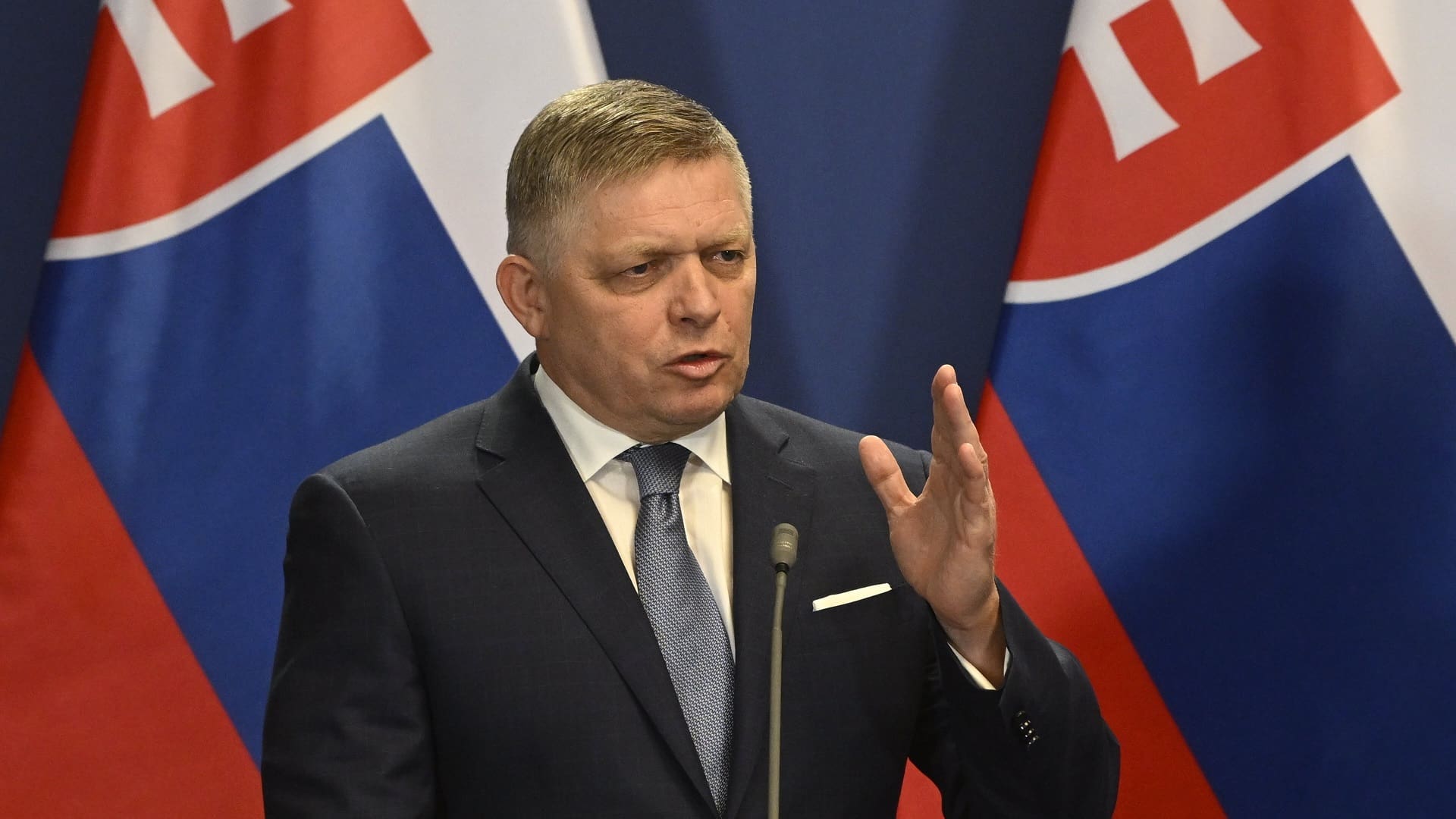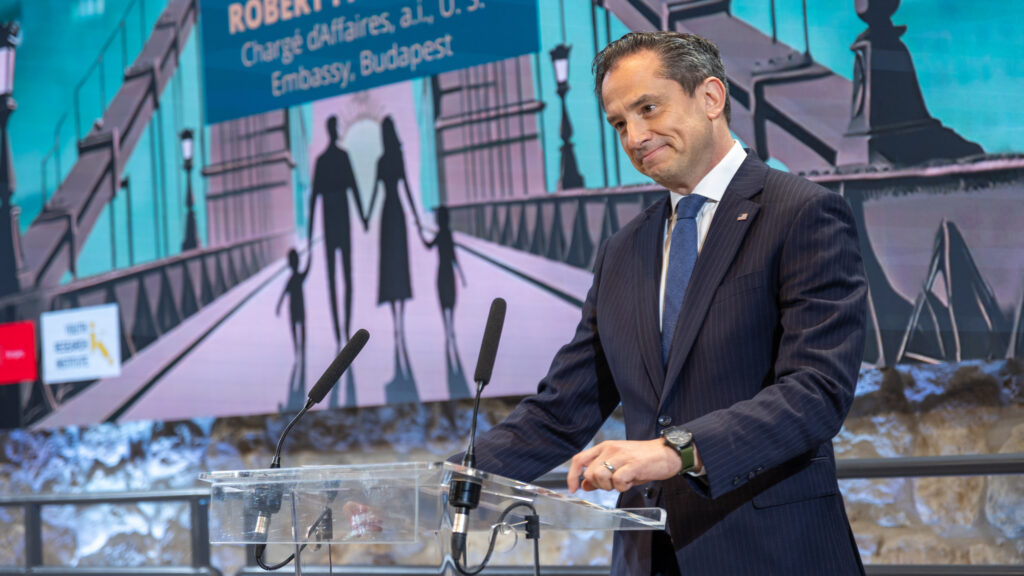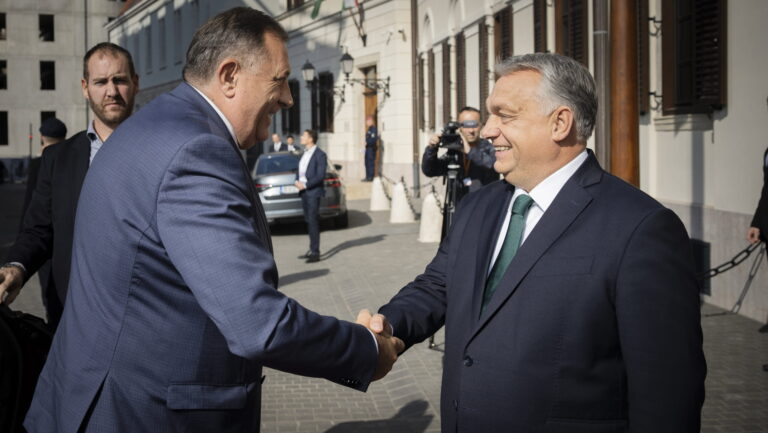After years of negotiations, the European Parliament voted to accept the resolutions on the Union’s migration policy reform earlier this month. What came to be known as ‘the migration pact’ calls on all Member States to relocate asylum seekers so that they are more proportionally distributed, and thus certain Member States do not have to deal with disproportionate migratory pressure. Members of the EU, as per the resolution, will also have to pay compensation to states that are disproportionately affected by migration.
Evidently, this resolution did not sit well with certain Member States who are opposing mass migration and believe preventing migrants from entering and deporting them would be the correct solution, and not forcing Member States to relocate them proportionately among themselves.
As usual, Hungary was at the forefront of the push against mass migration within the EU,
with Prime Minister Viktor Orbán saying in a tweet that ‘The #MigrationPact is another nail in the coffin of the European Union’.
In somewhat of a surprising turn, even Prime Minister Donald Tusk of Poland came out against the pact. Commenting on the resolution’s passing, he said: ‘We will find ways so that even if the migration pact comes into force in roughly unchanged form, we will protect Poland against the relocation mechanism,’ as quoted by Reuters. Tusk ran on a centre-left, pro-EU platform in the October 2023 election where he defeated Mateusz Morawiecki of the conservative PiS party.
However, mass migration continues to be unpopular among the Polish electorate, so he wants to retain power, PM Tusk cannot cave on the issue against EU pressure. An influx of migrants from the Middle East and North Africa into Poland, where migrants typically come from to the EU, could hurt his approval rating in the country greatly. He already faced serious scandals in his short time in office, such as the defunding of public media companies in December 2023.
Another country that has raised its objections to the migration pact is Slovakia.
Prime Minister Robert Fico of Slovakia announced on Tuesday, 16 April that his country is outright unwilling to implement the migration dictates included in the newly approved pact. Just like Tusk, Fico also has recently taken office, although he had served two other non-consecutive terms as Prime Minister already in the past.
Poland, Slovakia, and Hungary are all part of the Visegrád 4 group, along with the Czech Republic.
While cooperation between the four at times seems to be weakening, they are united in their opposition to mass migration into the European Union. They have collectively raised their voices on another issue recently, the excessive import of poor-quality Ukrainian grain into the EU which hurt local agricultural workers. They have achieved some tangible results on that issue: there was a temporary embargo in place on Ukrainian grain and other food products for a good part of 2023.
Related articles:








